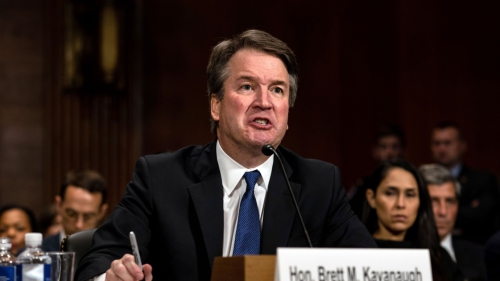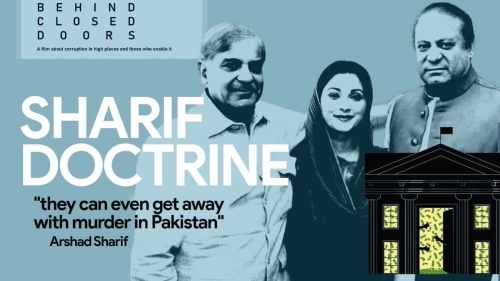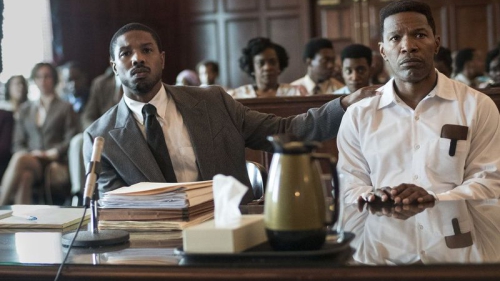Delhi Diary: For Muslim victims, justice delayed - and then denied



For the victims of the 1991 Meerut riots, the decision by the government to withdraw the case against those accused of engineering the riots has caused more anguish and pain.
In a "magnanimous" gesture, the State Government (of Uttar Pradesh) tried to justify its decision by declaring that "it was taken in larger public interest and communal harmony." The present State Chief Minister, Mr. Ram Prakash Gupta, has admitted that former Chief Minister Mr. Kalyan Singh took the decision under political pressure, before resigning on November 6.
Acquitting the accused, Judge V.K. Vishnoi observed that this was being done in the interest of justice.
One shudders to recall that fateful election day when supporters of Janata Dal candidate Harish Pal and those of BJP candidate Amar Pal Singh clashed, and the ensuing violence took a communal color.
The audience at Nigar Cinema, most of them Muslims, were pulled out, hacked to death and set ablaze. A number of passers-by also fell prey to the fanatics' wrath. Within a few minutes, 19 lay dead, 20 sustained injuries and over a dozen shops were reduced to ashes. Consequently, a curfew was imposed and the election was suspended.
It took nearly seven years for the prosecuting agency to bring charges of murder, attempted murder, rioting and arson against the accused, which included a BJP councilor Sulekh Kumar. The victims' families were shocked to learn of the acquittal even before the trial began.
Fifty-year-old Ghulam Rasool who lost his 15-year old son in the riot said, "My son went to see a movie at Nigar."
"He never returned. We identified him from the victims' photographs, and later through his bloodstained clothes at the police station. His death broke me mentally. Now the culprits are being let off," he said showing a photo of his dead son.
Munni who lost her 45-year old husband fumed that the perpetrators of the riot are now in the government, and are pardoning themselves.
Most of the victims were teenaged bread-earners for their poor families. The Opposition parties are trying to gain political advantage of the situation. Mulayam Singh Yadav who claims to be a friend of the Muslim community, is hobnobbing with the person responsible for withdrawing the case.
"This is politically motivated. The government has done this to shield its own party workers," says Dr. Mairajuddin Ahmed, general secretary of the Samajwadi Party (SP). He adds, "If cases are withdrawn like this, all communal riot cases and inquiry commissions after 1947 will become null and void."
The Meerut riots case is not unique. Justice has remained elusive, and the culprits have escaped scot-free in many cases. Since 1947, various cases of riots failed to reach prosecution stage. Recommendations made by inquiry commissions are collecting dust.
The erstwhile Hindu nationalist BJP-Shiv Sena government's treatment of the Srikrishna Commission's report is a classic example. The Srikrishna commission took four and a half years to complete its inquiry about the Bombay riots. It collected 3439 exhibits, 2135 sworn affidavits and 504 witnesses. The findings indicted Shiv Sena chief Bal Thackeray and his private army. The Government rejected the findings within a few minutes - only because the victims were Muslims and the accused were Hindus.
Related Suggestions
In accordance with Title 17 U.S.C. Section 107, and such (and all) material on this site is distributed without profit to those who have expressed a prior interest in receiving the included information for research and educational purposes.













